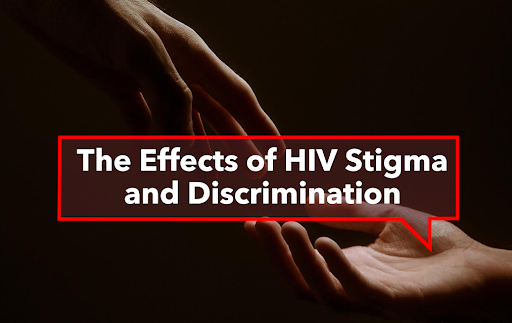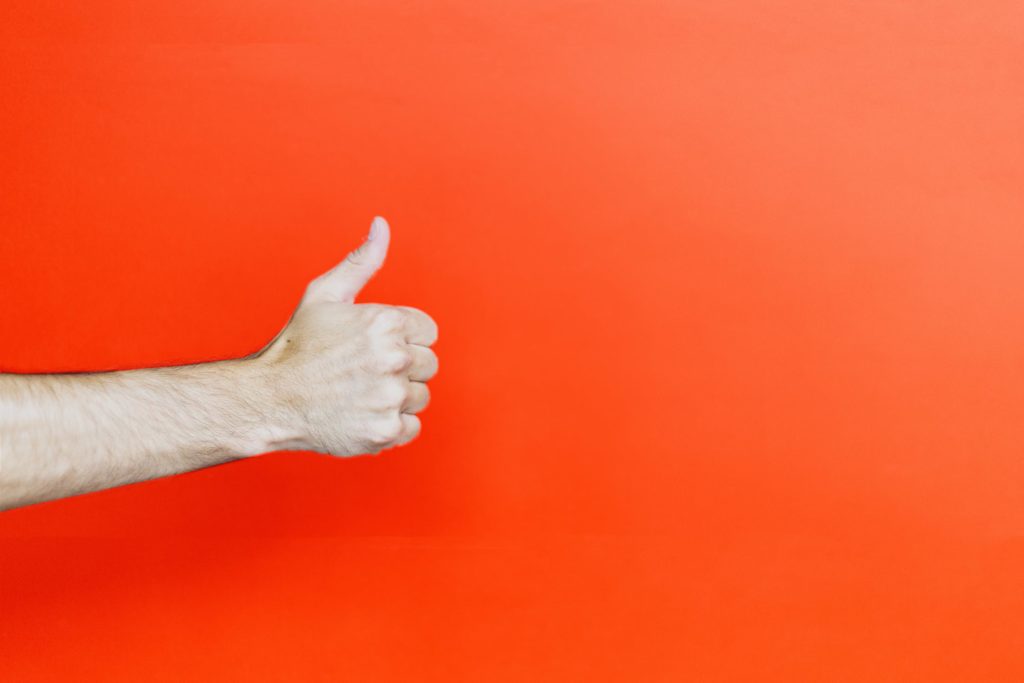The Effects of HIV Stigma and Discrimination

Today approximately 1.2 Americans are living with HIV. Luckily due to advances in medicines and treatments, HIV does not have to be the death sentence it once was, nor does it have to progress to AIDS.
However, of those 1.2 Americans living with HIV, 13% of them are infected with the virus and do not know it. There has been a decline in transmission over the last few decades, and based on this, we know that education and safe sex practices work to stop the spread.
By 2022 we will be more than accustomed to living with viruses in our midst. As human beings, we have shown our ability to come together and do the right thing to ensure the safety of our families and neighbors, banding to stop the spread of sickness. HIV has been no different, and just like the pandemic, it requires our ongoing vigilance.
Stigma and Discrimination
Despite how well-informed we have become about HIV/AIDS and other viruses, we have still not lost some of the more awful trappings of bygone eras when the virus was new. Specifically, people living with HIV and AIDS are still experiencing negative stigma and discrimination in their daily lives.
Stigma and discrimination can take many forms. Some talk about HIV and AIDS as if only certain groups are likely to contract the virus, but this is not true. A virus does not see age, sex, gender, sexual orientation, race, religion, or otherwise.
When a person discloses their HIV/AIDS status to a trusted friend or partner, it can be an incredibly vulnerable and isolating experience, not knowing how others will react. There is no better feeling than being met with love and compassion when you share a secret.
However, many are still uninformed and unaware of how to react and will make unfair moral judgments. Again, the virus is not judgemental. It only takes one time not using protection for the virus to be transmitted, and this is not an indictment of a person’s morality or character. Mistakes happen to everyone.
Discrimination is also common in health care settings. Health care workers have been known to treat their HIV patients differently from non-HIV patients for no medical reason.
People with HIV or AIDS have been refused medical care services, contact has been avoided, they have been made to feel isolated, and they have been referred to in strange ways on charts.
The Effects of Discrimination
It should not surprise anyone that any degree of stigmatization or discrimination is hateful and hurtful, and this behavior is not acceptable.
Folks living with HIV or AIDS who have experienced discrimination are more likely to have negative mental health and wellbeing impacts. Depression is a common side effect, along with negative self-image, self-isolation, self-hatred, and a reluctance to seek medical care.
Internalized Stigmatization and Poor Self-Esteem
The internalization of discrimination and stigmatization means that the hateful and judgemental attitudes that we experience from others have become internalized to believe the hate and judgment and repeat it to ourselves.
How to Be an Ally

It is imperative to read up on being an excellent ally to those with HIV or AIDS, primarily if it affects someone close to you.
If someone discloses their status to you, remember that they are in an incredibly vulnerable position, and your reaction will have a significant effect. Choose to react with support, reassurance, and an openness to learn more and be there for them.
If you are the partner of someone who has recently been diagnosed with HIV, also make sure to take care of yourself by getting tested. Some medications can be taken daily to prevent your ever testing positive while maintaining the relationship if you are negative.
Remember that the virus can affect anyone, and if a mistake does happen, it does not say anything about you or your value. If you or someone you know is concerned about not using protection or being exposed to the virus, it is essential to get tested right away. For more information about the virus or testing, reach out to Think Before You Sleep.

